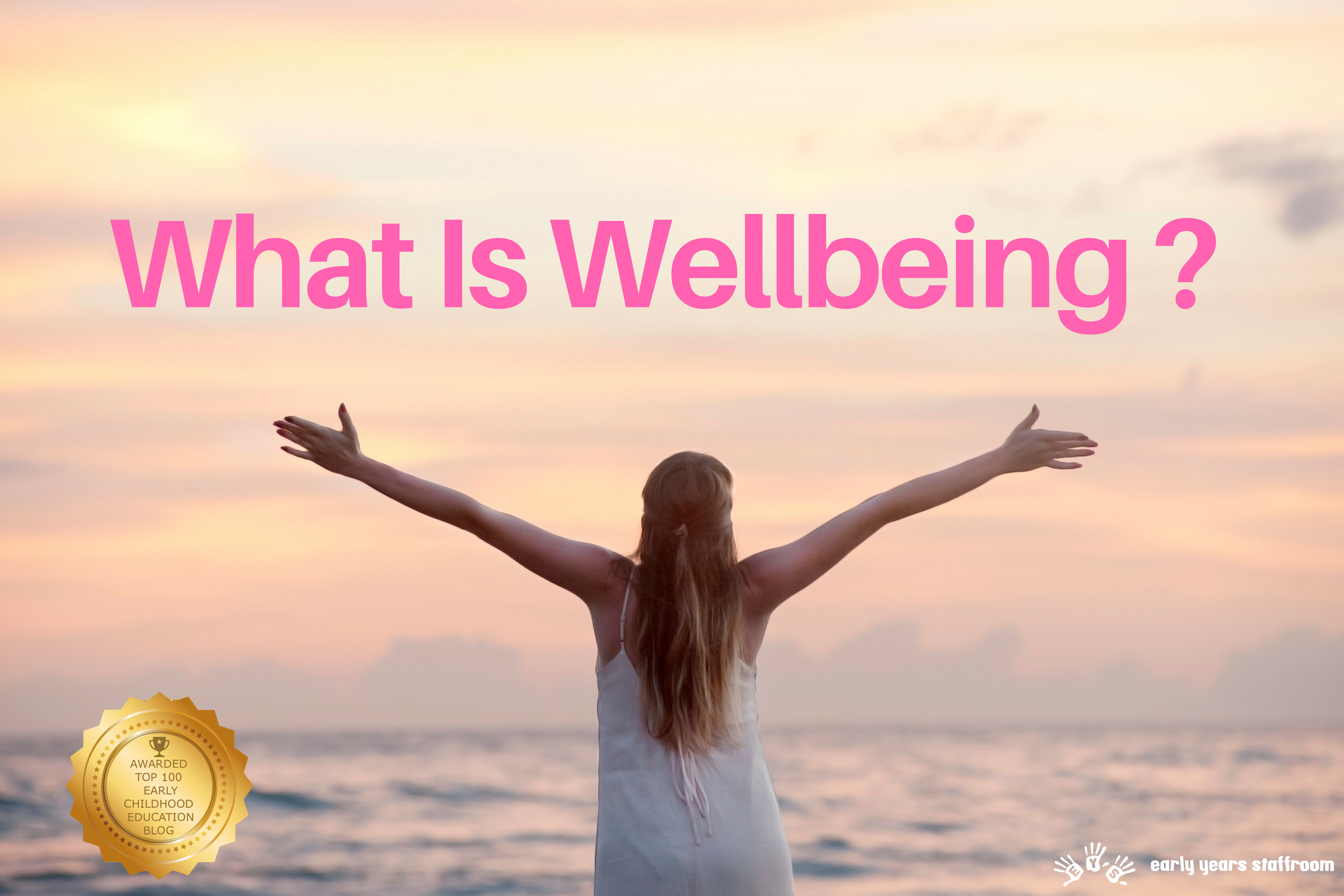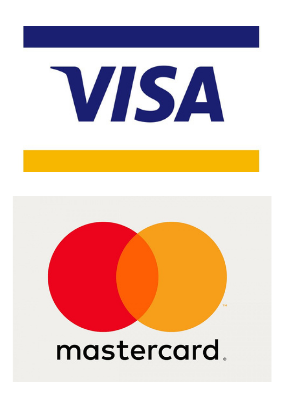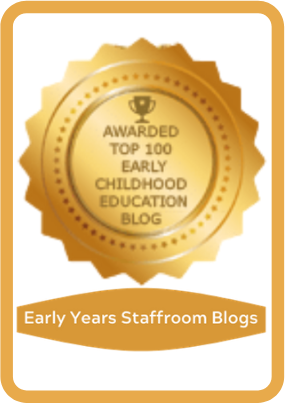What is Wellbeing?
There are many different definitions of wellbeing but perhaps the most agreeable is “the state of being comfortable, healthy and happy”. Our lifestyle and health related habits will ultimately have an impact on our overall health and wellbeing, such as diet, exercise, sleep, alcohol and drugs. A range of other factors will also influence our wellbeing such as: education, employment, family, relationships and living conditions.
Those of us who have studied Early Childhood Education are maybe familiar with Maslow’s hierarchy of needs, a theory of “Human Motivation”. The five-tier hierarchical model of human needs starts with our basic human needs then our psychological needs and our self-fulfilment needs. Although Maslow himself conceded that the order of needs is not rigid due to our individual motivations the model of human needs can represent our overall holistic health and wellbeing.
What does wellbeing mean for us at work?
Wellbeing within our workplaces relates to all aspects of working life, such as how we think and feel about work and factors that can impact on our ability to fulfil our responsibilities. Ultimately our level of wellbeing at work is measured by how comfortable, happy and healthy we are in our job roles.
There is a growing awareness and understanding of the need for prioritising wellbeing in the workplace as healthy and well-motivated employees can have a positive impact on the productivity and effectiveness of a business.
Working in Early Years isn’t all about business though, it is the most critical and important stage of a child’s development. If we are not physically and mentally healthy, we cannot reach our full potential and whilst working with children can be described as both rewarding and a privilege, it could also be described as stressful and emotionally exhausting.
We cannot afford to have a workforce struggling with poor mental health and wellbeing, due to a lack of training, awareness and education – as it may impact on a child’s lifelong potential to thrive and flourish.
Things that can impact on our wellbeing at work.
Acas identify the following key factors that can determine whether workers will have a positive or negative relationship with work, they are:
- the relationships between line managers and employees
- whether employees are involved in organisational issues and decisions
- job design
- availability and acceptability of flexible working
- awareness of occupational health issues.
Working within the early years environment comes with a large amount of legal and statutory responsibilities that are in place to ensure the highest standards of quality and care. With that responsibility comes the often-overwhelming pressure of demonstrating how we meet, fulfil and indeed go above and beyond these requirements when inspected and regulated by Ofsted.
The views of the Early Years Sector represented in The Pre-School Learning Alliance Minds Matter Survey 2018, paint a bleak picture of a sector struggling and under pressure. The top four factors of stress that are significantly impacting on workforce wellbeing are, financial resources of the setting, pay, workload, paperwork and administration.
Stress is a word widely used and accepted as part of daily life and yet stress can have an enormous impact on our wellbeing. If stress is left to its own devices it can have huge implications on a person’s physical and mental health and in some cases can lead to anxiety, depression, fatigue, insomnia and migraines. We must take urgent measures to minimise stress and identify unnecessary pressures from work, home and family life.
How we can improve our wellbeing at work.
We can make small adjustments that can go a long way to improve staff wellbeing health and happiness at work, for example a wellbeing audit or staff questionnaire is a good starting point to seek and evaluate staff perspectives and identify current levels of staff health and wellbeing and help you to put measures in place that have been causing conflict or stress in the workplace.
Many workplaces now prioritise wellbeing through;
- team building – linked to staff health and wellbeing
- policies – that identify long wellbeing strategy and vision
- teams of wellbeing champions
- line manager training on mental health first aid, wellbeing and resilience
- effective performance management
- promoting work life balance “achieve more do less”
To conclude, there is a Maori proverb ‘work brings health’, indeed going to work and fulfilling our job role should positively impact on our life, health, happiness and wellbeing. After all, working with children is an enormous privilege and what better way to enhance our wellbeing than working with children.
However, in order to put ourselves in the very best possible position to look after children, to care for and teach them, we must ensure our wellbeing is top on our list of priorities and learn to prioritise self-care and wellbeing and look for ourselves and each other.
Kate Moxley is a self-proclaimed Early Years Enthusiast, Consultant and approved Mental Health First Aid England Instructor. Specialising in empowering teams and individuals, to promote positive mental health and wellbeing that create mentally healthy workplace environments and improve outcomes for children.
Find me on Facebook & twitter @katemoxleyeyc
For resources to promote children’s wellbeing please see the Early Years Staffroom’s mindfulness and yoga planning.















